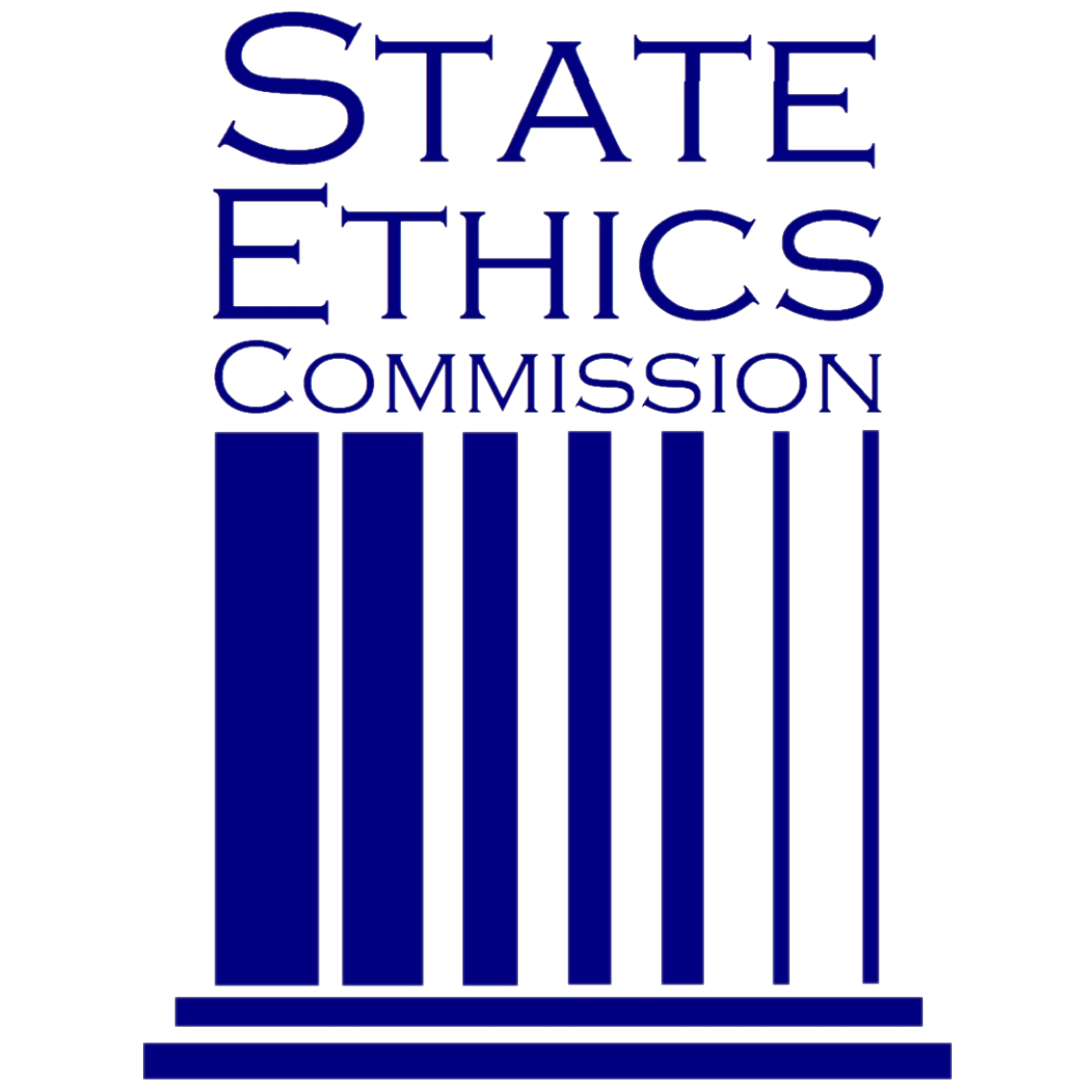- David A. Wilson, Executive Director
Media Contact
Gerry Tuoti, Public Information Officer
Boston, MA — The State Ethics Commission issued a Public Education Letter today to Ware Police Chief Shawn Crevier after finding reasonable cause to believe Crevier violated the conflict of interest law by using his official position and public resources to advocate against and rally opposition to proposed gun law reform legislation through a series of posts on the Ware Police Department’s Facebook page.
In July 2023, Crevier had a Ware Police Department (WPD) administrative officer draft a statement opposing a gun law reform bill then pending in the Massachusetts House, reviewed it, and directed the officer to post it to the WPD Facebook page. The statement, signed “Ware PD,” challenged the bill’s constitutionality, decried the creation of gun-free zones, and encouraged people to connect with gun rights organizations to oppose the bill. Later that summer and into the fall, Crevier had the WPD administrative officer draft and post to the WPD Facebook page three additional statements opposing the House bill and a similar Senate bill. The statements encouraged people to advocate against the bills, which they characterized as “treasonous” and “seditious,” and referenced the opposition of a private organization of law enforcement officials of which Crevier was a member. Cumulatively, the posts were shared several thousand times.
With limited exceptions, the conflict of interest law generally prohibits public employees from using public resources, including their official titles, agency letterhead, and agency social media accounts, to conduct political activities. One exception allows appointed employees in policy-making positions to use public resources to engage in certain limited types of political activity relating to matters within the purview of their agencies.
As an appointed policy-making public employee, Crevier was permitted to use public resources, including his title, staff time, and the WPD Facebook page, to provide factual information that could help legislators make informed, fact-based decisions about the proposed gun law reform bills as they would potentially affect matters within the WPD’s purview, the Public Education Letter states. Crevier, as Police Chief, was also not barred from stating his opinion about the proposed gun law reforms’ effect on public safety in Ware and on the WPD, provided his opinion was based on objectively verifiable facts and not on personal opposition to increased gun control.
Crevier’s actions as Police Chief in having the four anti-gun law reform statements drafted and posted on the WPD Facebook page were, however, political activity prohibited by the conflict of interest law because the statements included his personal opinions on matters outside of the WPD’s purview, such as the legality and constitutionality of the proposed gun law reforms and whether the proposed legislation was treasonous or seditious, according to the Public Education Letter. Crevier’s actions regarding the statements were also prohibited by the conflict of interest law because, in causing them to be publicly posted on the WPD Facebook page, he used public resources to air his personal views on gun control, as well as the views of the private organization of law enforcement officials. “In short, you used the WPD Facebook page to rally political opposition to the bill based on your personal view that it would improperly limit your and other gun owners’ Second Amendment rights,” the letter states.
The Commission decided to resolve the matter with a Public Education Letter, rather than an adjudicatory proceeding against Crevier, because the conflict of interest law’s application to political activity by public employees is complex, easily misunderstood, and in need of further public clarification. The Commission expects that the Public Education Letter to Crevier will provide public employees in similar circumstances with a clearer understanding of how to comply with the law.
The Commission encourages public employees to contact the Commission’s Legal Division at 617-371-9500 for free advice if they have any questions regarding how the conflict of interest law may apply to them.
###
